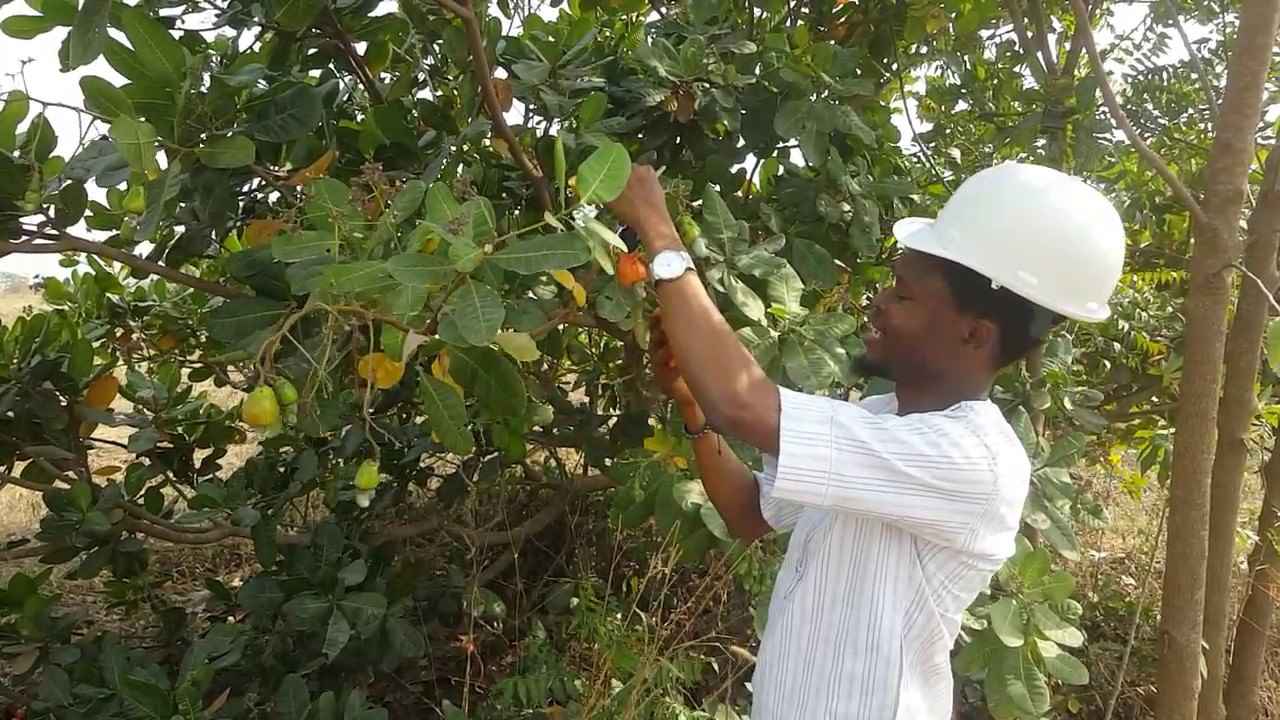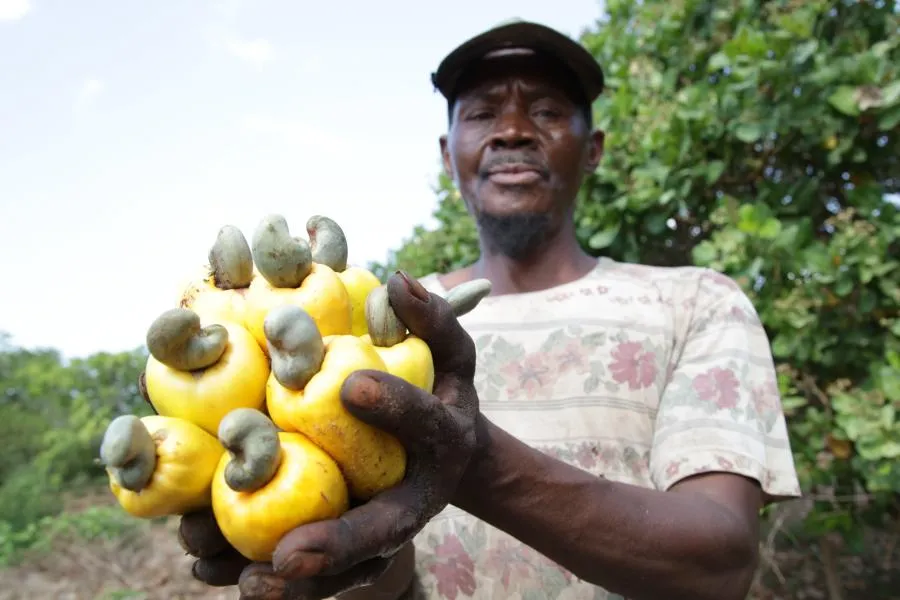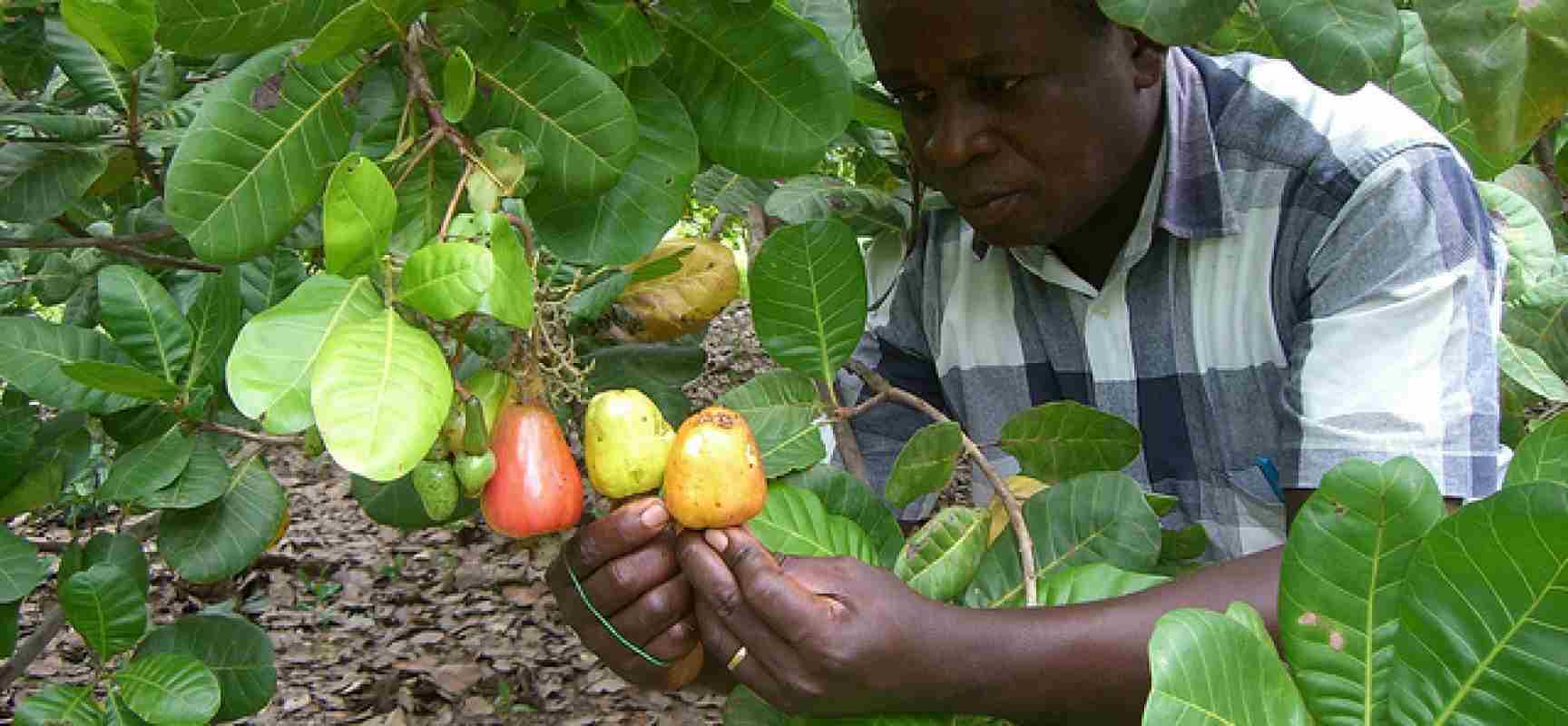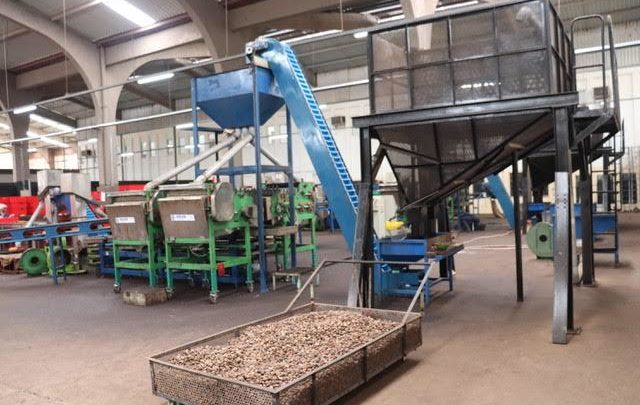In 2022, Nigeria marked a remarkable milestone in its non-oil sector, achieving a noteworthy export of 315,677 tons of raw cashew nuts, amounting to a value of $252 million. This substantial accomplishment represented 5.24% of the nation’s non-oil exports. With this significant progress, Nigeria reinforces its standing as a key global exporter of cashew nuts. The nation’s steadfast commitment to the cultivation and trade of cashew nuts remains a pivotal driver of revenue, making a substantial impact on the Nigerian economy.
Nigeria Achieves 2022 Export Milestone with 315,677 Tons of Raw Cashew Nuts (RCN)
The Nigeria Export Promotion Council (NEPC) recently revealed that in 2022, Nigeria successfully exported an impressive 315,677 tons of raw cashews, generating $252 million. This substantial contribution significantly bolsters the country’s non-oil export revenue, with the cashew nut sector alone constituting 5% of the total. Dr. Ezra Yakusak, the Executive Director of the NEPC, made this announcement during the launch of the Organic Cashew Certification Program in Abuja, Nigeria.
Nigeria stands as the fourth-largest raw cashew nut producer in Africa, with around 19 countries specializing in cashew cultivation. Despite the country’s vast cashew production potential, it has yet to fully capitalize on it, according to Dr. Yakusak. The export of raw cashews remains a crucial area in Nigeria that requires greater attention.

According to the Non-Petroleum Performance Report for 2022 released by the Nigerian Government in April 2023, Raw Cashew Nuts emerge as one of Nigeria’s leading non-petroleum export products. Ranking as the fifth-highest export item, these statistics underscore the significance of raw cashews, highlighting their substantial potential as a primary export commodity for the country.
Nigeria possesses expansive arable land conducive to cashew and other agricultural ventures. The cultivation and export of raw cashew nuts carry the potential to enhance foreign exchange earnings, amplify employment opportunities, and propel economic growth. Recent years have witnessed a significant upswing in the cashew nut sector, attributed to investments in processing and value-added initiatives. Despite this positive trend, there remains a need for Nigeria to concentrate on augmenting the capabilities of local farmers to bolster their competitiveness in the global cashew market.
Numerous challenges persist in the Nigerian cashew industry
Despite its potential to emerge as a significant global player, the Nigerian cashew industry grapples with several challenges. Dr. Ezra Yakusak, the executive director of NEPC, highlights that Nigeria’s cashew nut export trade faces obstacles such as non-compliance with safety standards, traceability issues, low yield per orchard, inadequate care techniques, and aging trees. These issues contribute to a significant portion of cashew exports being unprocessed and in raw form, thereby restricting the industry’s overall value.

Lack of compliance with safety standards
One major challenge confronting the industry revolves around non-compliance with safety standards. It is imperative to guarantee that cashews adhere to globally acknowledged safety benchmarks prior to their exportation. This necessitates the implementation of stringent quality control measures, enhancements in hygiene practices, and the dissemination of knowledge among farmers and traders regarding the significance of safety protocols.

Lack of traceability
An additional concern is the absence of traceability. Without adequate documentation and tracking systems, ensuring the quality, safety, and authenticity of cashews sourced from Nigeria becomes challenging. This deficiency can result in consumer mistrust and the potential rejection of the product in international markets.
Low yield per orchard
A notable challenge is the low yield per orchard, with numerous cashew farmers facing difficulties in producing high-quality cashews due to inadequate care techniques and aging trees. Ineffective care practices can result in damaged and subpar cashews, diminishing the overall crop value. Aging trees contribute to lower yields of lower-quality cashews, underscoring the importance of investing in replanting programs and promoting the adoption of contemporary farming methods.
Addressing these challenges in the Nigerian Cashew Industry requires strategic investments in modernization, training, and education. Collaboration among farmers, traders, and other stakeholders is crucial to enhance quality control, traceability, and productivity. This concerted effort will elevate the industry’s value and position Nigerian cashews as a premium product in the global market.
Nigeria Processes Only 16% of Total Raw Cashew Nuts (RCN)
The current export of processed cashews from Nigeria is notably low, constituting a mere 16% of the total volume. This stands in stark contrast to the substantial export of raw cashews, which are predominantly marketed without organic certification. Addressing these concerns, Ezra Yakusak emphasizes the imperative for collaborative efforts and strategic planning to overcome the challenges plaguing the Nigerian cashew industry.
In response to these challenges, PRO-Cashew has taken a proactive step by financing a five-year project through CNFA. The project’s primary goal is to advocate for the organic certification of cashews in Nigeria. This initiative is both timely and highly appreciated. It underscores the urgency of shifting focus towards processed cashews within the Nigerian cashew industry.
While acknowledging the market presence of raw cashews, it is crucial to underscore the merits of processed cashews. These include the potential for higher-value exports and a heightened demand for organic certification. The hope is that this collaborative partnership will stimulate the market for processed cashews in Nigeria, paving the way for sustainable growth in the industry.

